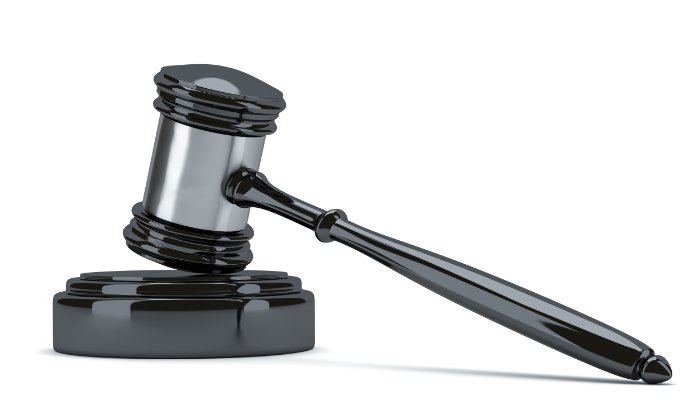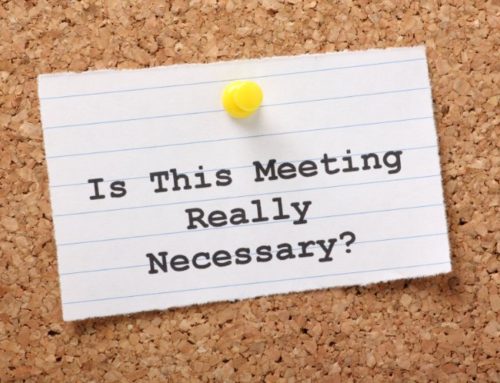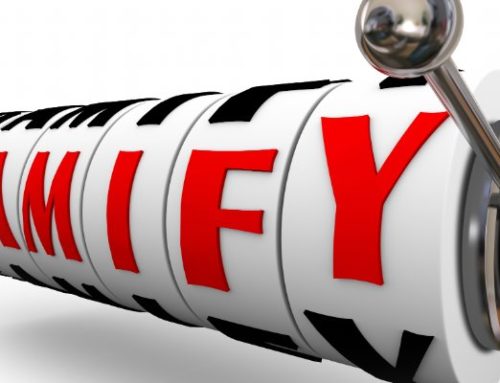Is LinkedIn a Valuable Sales Tool?
Many people ask me, “Do you really believe that LinkedIn is a valuable sales tool? My answer is always the same, “Yes, if you use it correctly!” The reply is often “But the only calls that I get from LinkedIn, are from recruiters trying to place me in a new position!” To these people, I say just one thing, “Well stop writing your profile like a resume then!” If you want to use LinkedIn as a business generation tool, then you need to create a profile that speaks to your prospective customers, not future employers. Your LinkedIn profile should say what you do, the value that you bring and how you do it (in a nutshell).
Endorsements
I am then often asked, what my thoughts are on endorsements and recommendations, my answer might surprise a few people. For those of you that have taken the time to complete your LinkedIn profile, you will have by now generated a list of skills that you have, hopefully the skills that you listed are aimed at your potential clients and not at future employers.
Whilst you might be proficient in the use of Microsoft Excel, this is not the place to list it, your resume is (And by the way, everyone is proficient in the use of Microsoft Excel). You should be listing skills that your clients would be interested in and might need from you, such as ‘Lead Generation’. If Lead Generation is a skill you possess and a service that you offer, then list it on your skills list.

Now the next comment I make might sound a little contradictory but please bear with me. Do I place any value in endorsements? My answer is ‘Yes’ and ‘No’. Yes because when someone who has never met you before checks out your LinkedIn profile and sees an abundance of endorsements, at a glance it might suggest to them that you are good at what you do. (If they place value in endorsements)
But ‘No’ in the sense that I believe that endorsements are one of the most misused and manipulative tools on LinkedIn. Many people on LinkedIn would only ‘Endorse’ someone for a skill that they know that person possesses (Which is how it should work!), but there are a growing number of people who will endorse anyone for any skill in the hope that this person will reciprocate. This practice, I believe, is undermining the whole system.
It is widely believed by many of the LinkedIn elite, that endorsements affect your social ranking and your social selling index and since LinkedIn keep their ranking algorithms a closely guarded secret, I’m not sure we will ever know.
So this causes a predicament, do you play the game with endorsements and sell your soul? Or do you stick to your morals and give out endorsements only to the worthy? I will leave that one for you to decide.
Recommendations
Switching gears, I would like to move over to recommendations, which I still hold in high regard. The difference between endorsements and recommendations in my humble opinion is that someone has taken the time to write, something good about you. They have had to put some thought into what they want to say and they are clearly attaching themselves to that statement, picture, name, company etc ‘So they are ready and willing to stand behind what they have written. In this I do place a great deal of value.
This is why in our Social Selling Reinvented workshop, We suggest to people that they need to solicit as many recommendations as they can from their clients and provide recommendations to vendors who do a great job for them. ‘If you have done a good job for someone, ask them for a recommendation’ (Ask for a referral at the same time), If someone has done a great job for you, take the time to write them a recommendation. It’s not in our nature to ask for recommendations, but this is an internal obstacle that you need to overcome.

I would also suggest keeping a record of all of the endorsements that you have, what industry they are from and the seniority level of the person providing the recommendation. This way when you are asked by a prospective client to provide three references from their industry, you can easily produce a list of references for them, from their industry and potentially at the same level that they are at direct them to your profile on LinkedIn (example a Sales Recommendation from a VP from within the HVAC Industry).

(Example Recommendation Tracker Sheet)
This makes it easy for you to provide relevant references and recommendations to prospective clients from based on industry, seniority and company size. (This little spreadsheet has helped me to secure a new client, who wanted references, many, many times)
Recommendations are particularly important in demonstrating your competency with clients, and is an integral part of the process of building trust and credibility with customers. Social Evidence is a powerful compliance principle and is based on the fact that many clients will require evidence that you do a good job. (This makes the use of white papers, testimonials, recommendations and endorsements particularly effective).
You can also re-position your endorsements and recommendations, which I would suggest that you might want to do, particularly if you plan to prospect in a certain market for a pro-longed period of time. For example if I decided to prospect in the airline industry, I would reposition all of the recommendations from people within this industry and bring these to the top.
In conclusion
In order to create a strong profile, which speaks to your competence and credibility, you will most likely need both ‘Endorsements’ and ‘Recommendations’ however of the two ‘Recommendations’ are likely to be the more effective tool in persuading new clients to take a chance on using your services.






